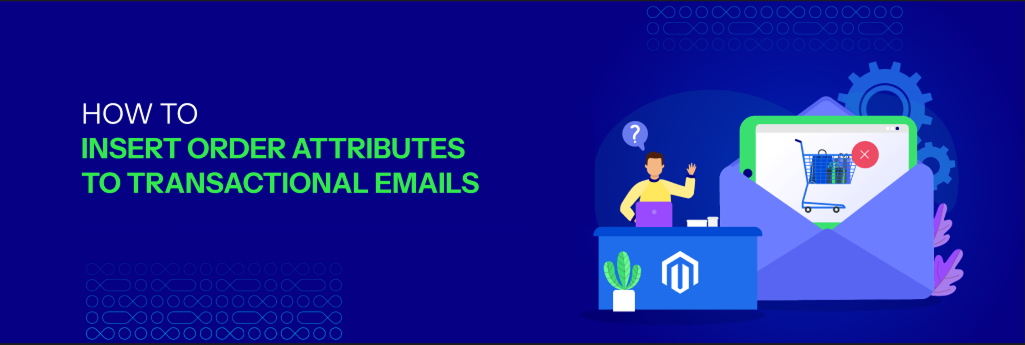How to Edit an Existing Language in Shopware Store

With a big catalog of 224+ extensions for your online store
Shopware is a well-known German e-commerce platform. Shopware has over 80,000 users and is a wonderful E-commerce solution in the DASH area and surrounding areas. Because it is utilized by individuals of many nations, the languages must meet user desire. This is why the Languages function must be correctly set. In today’s post, we’ll walk you through the process of Editing an Existing Language in Shopware Store, with detailed instructions that you can simply follow.
Table of Contents
- How to find Language Information in Shopware?
- How to Edit an Existing Language in Shopware Store
- To sum up
How to find Language Information in Shopware?
For those who haven’t been familiar with Shopware, this section will explain the location of Information about Languages.
The sub-item Languages, which can be located under settings > store, displays all of your administration’s presently preset languages.
The languages saved here are utilized inside your administration to keep translations for different functions, such as currencies, etc., in the respective language.

You can add new languages (1), change existing ones (2), or filter them from this page (3). When you access the sub-item, you will see a list of the presently configured languages in your administration.
Here you may view information about the name, localization, the saved ISO code, inheritance, and a marker that indicates which language is presently the default language for your administration.

You may filter your administration’s saved languages using the filter feature.
This menu has a number of filters that might help you get a more thorough perspective if necessary.

- Show only “root” languages: This option allows you to search for languages that do not inherit from any other language and have been designated as “root language.”
- Show only inherited languages: This filter displays inherited languages if they are descended from one of the root languages. A language in this segment inherits important components of the parent root language while differing in certain ways.
How to Edit an Existing Language in Shopware Store
Now that you know where to find the Languages, this section will teach you how to Add a New Language in Shopware Store using them.
Step 1: Open Edit area

To open the edit (2) item, click on the context menu (1) to the right of the corresponding language.
When you open it, you’ll see a number of setup choices.
Step 2: Edit fields
As seen in the overview, you may update and save any necessary information about your language here.

- Name: The name of the language you deposited.
- ISO code: Your language’s official ISO code; please double-check if in doubt.
- Inherit from: This is where you specify if your newly generated language should inherit from an existing language. It should be noted that a language may only inherit from one language at a time, and this cannot be done across many levels.
- Locale: This is where you define the language’s localization.
To sum up
In conclusion, Language is an important part of any eCommerce store. That’s why you should set it up properly and bring a good experience to your customers. After the instruction on How to Edit an Existing Language in Shopware Store, we hope that you can achieve what you expect to learn from the moment you click on this blog.
Increase sales,
not your workload
Simple, powerful tools to grow your business. Easy to use, quick to master and all at an affordable price.

Recent Tutorials

How to insert Order Attributes to Transactional Emails - Mageplaza
How to add Order Attributes to PDF Order Template - Mageplaza
Setup Facebook Product Feed for Magento 2 - Mageplaza
Explore Our Products:
Stay in the know
Get special offers on the latest news from Mageplaza.
Earn $10 in reward now!





